UAE's Mirak cuts farming in Iran after strike
- Reuters
- 14 June 2009
Ghadimi said it was easier to control immigrant workers in the UAE than farm labourers in Iran, where unions were strong.
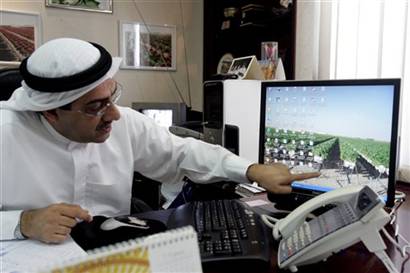
Ghadimi said it was easier to control immigrant workers in the UAE than farm labourers in Iran, where unions were strong.
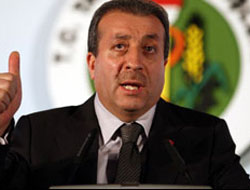
Turkish Agriculture Minister Mehdi Eker says to Arab investors, "We have made maps of all our lands. Take and cultivate which you want."
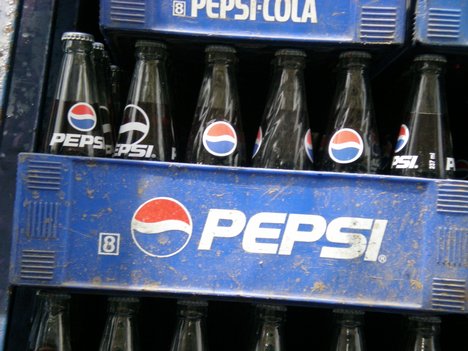
Saudi-based Almarai has agreed to buy Egyptian firm Beyti for $115 million, allowing a new joint venture with Pepsico to set foot in the Arab world's most populous nation. The price tag includes a 75-hectare piece of land.
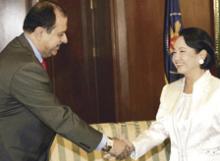
A memorandum of understanding and cooperation will be signed between the Federation of GCC Chambers of Commerce and Industry and the Philippine Chamber of Commerce and Industry.
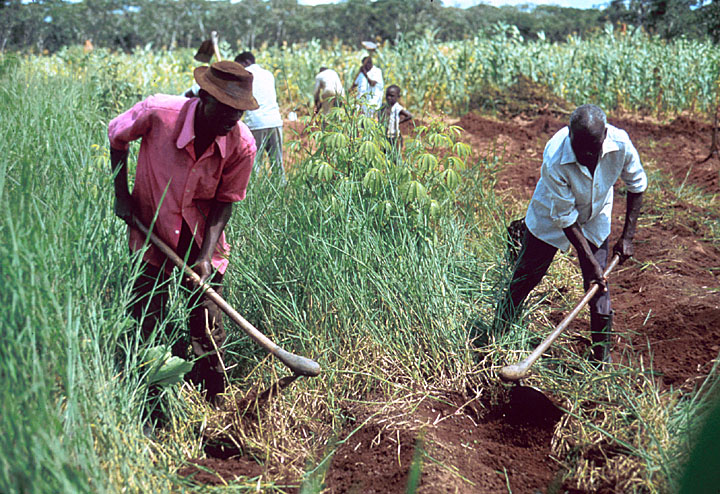
Companies from the US and the UAE are interested in establishing large farms in Zambia to grow sugar and grains, the country's agriculture minister said
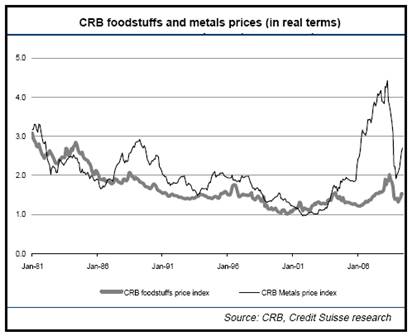
An investor analysis of the case for buying up farmland

Cette ruée vers l’or vert en Afrique inquiète la plupart des paysans du continent, car ils ont peur d’être dépossédés de leurs terres pour aller grossir les bataillons des ouvriers agricoles.
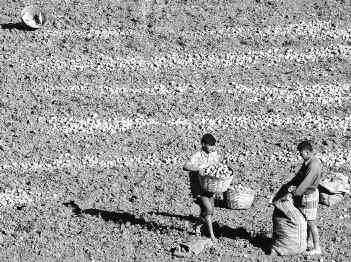
De Schutter said that instead of ceding millions of hectares to foreign investors, by sale or on long-term leases, the possibility of contract farming should be explored.

The Government of Laos has granted a major Thai investor a 10,000 ha concession in two central provinces of Laos to grow sugarcane.
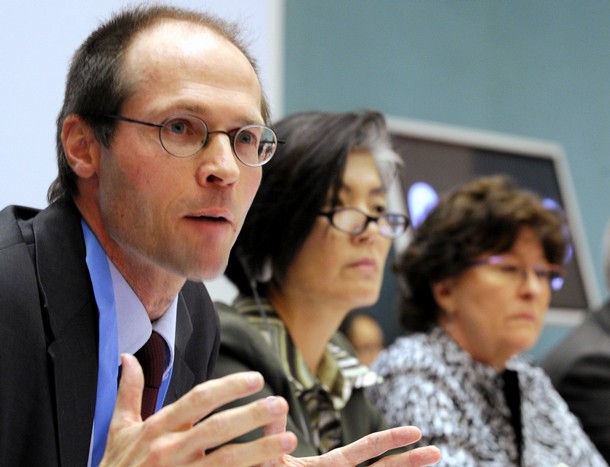
The UN Special Rapporteur on the right to food issued today a call to consider as a minimum a set of 11 human rights principles in the elaboration of transnational large-scale land acquisitions and leases
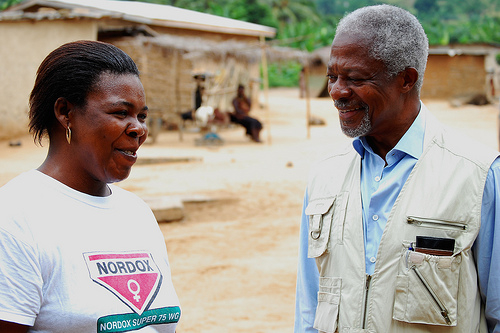
"The rush for land by outside players is more proof of the enormous potential of African agriculture. Africa itself must harness this potential," Kofi Annan says
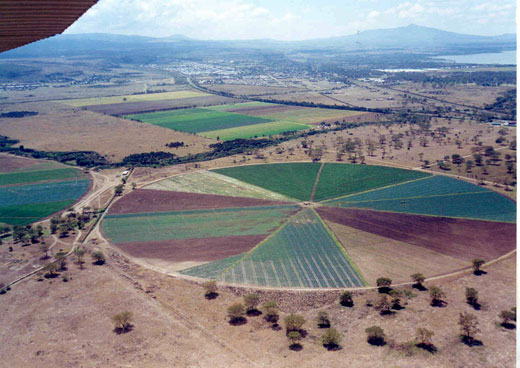
Bien étrange rapport que celui de la FAO sur l’accaparement des terres en Afrique. D’un côté les commanditaires demandent que les populations locales soient consultées et que les droits des paysans soient pris en compte. Mais de l’autre, les chercheurs refusent de parler d’accaparement et dénoncent « un certain nombre de préjugés erronés diffusés par les médias sur ce qu’on a appelé l’accaparement des terres. ».